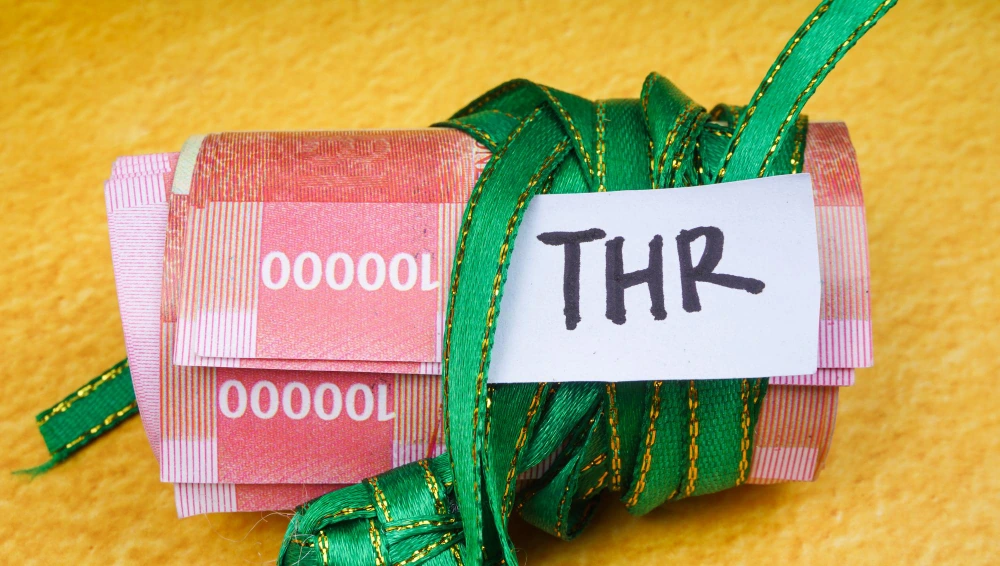Living in an era full of shopping temptations and consumptive lifestyles makes it crucial for us to manage our finances wisely. One essential step in controlling personal finances is to create a budget every month.
1. Benefits of Creating a Monthly Budget
Many of us may find budgeting to be a tedious and exhausting task. However, it's important to remember that creating a budget is a key step in managing your finances wisely. Let's look at some main benefits of creating a budget every month.
1.1. Organize Your Expenses
One of the main benefits of creating a budget is to help you organize your expenses better. By having a clear plan of how much money will be allocated for each expense category, you can avoid impulsive spending and be more conscious of your expenditures.
In your budget, you can set limits on how much you can spend on food, bills, entertainment, and more. This gives you greater control over your finances and prevents you from getting caught in a cycle of overspending.
Also Read: Apply for a Loan Through BFI Finance Now!
1.2. Ensure Your Salary Lasts Throughout the Month
A common issue many people face is that their salary is spent within a few days of receiving it. This often happens because they lack a clear financial plan. By creating a budget, you can ensure that your salary is sufficient to meet your needs throughout the month, not just a few days after receiving it.
In your budget, you can prioritize expenses that need to be settled at the beginning of the month, such as bills, rent, and other essentials. This helps you ensure that your main financial obligations are met without difficulty. Additionally, you can identify how much funds you can allocate for additional expenses and self-indulgence, but still within reasonable limits.
1.3. Identify Your Largest Expenses
Through budgeting, you can easily identify your largest expenses. This helps you pinpoint areas where you can save money. For example, if you realize that dining out costs are substantial, you might decide to cook at home more often as a more economical alternative. This also applies to other expenses such as entertainment, transportation, or consumer goods.
With a better understanding of your expenses, you can take concrete steps to reduce unnecessary spending. This means you can save money and potentially improve your ability to save or reduce debt.
1.4. Minimize Over-Budgeting
One common risk faced by those who don't create a budget is over-budgeting. Over-budgeting occurs when your expenses exceed your income, leading to serious financial problems. By creating a budget, you can more easily avoid over-budgeting.
In your budget, you set limits on how much you can spend in each expense category. This helps ensure that your expenses always align with your income. With better control over your money, you can avoid financial issues that may arise from excessive spending.
2. How to Create a Monthly Budget
Now that we've understood the benefits of creating a budget every month, let's focus on practical steps you can take to create an effective budget and manage your money wisely.
2.1. Pay Bills Immediately After Receiving Salary
One of the first steps in creating an effective budget is to pay your bills as soon as you receive your salary. This is a wise action because you prioritize your basic needs. Bills such as rent, electricity, water, internet, and other essential bills should be paid as soon as possible after receiving your salary.
Also Read: Are You Struggling Financially? Get to Know the Following Tricks to Improve Your Finances
By doing this, you ensure that your most important bills are covered before you start spending your money on other expenses. This helps you avoid delayed bill payments and potential fines. Moreover, you can have a clearer picture of how much remaining money you can allocate for additional expenses and savings.
2.2. Set Realistic Expenses
When creating a budget, it's important to ensure that the planned expenses are realistic. This means not being too strict to the point where you feel constrained, but also not too lenient to the extent that you end up with a shortage of funds at the end of the month.
The best way to set realistic expenses is to refer to your spending history from previous months. This will give you a more accurate idea of how much money you actually spend on food, transportation, entertainment, and other things. With this information, you can create a budget that better suits your spending habits.
Additionally, you should also consider expenses that may fluctuate from month to month, such as holiday expenses or birthday gifts. Make sure to plan a budget that allows for these expenses without compromising your financial stability.
2.3. Prioritize Transportation Funds to Work
An important aspect of budgeting is prioritizing funds for transportation to work. This includes fuel costs, public transportation tickets, or parking fees. Ensuring that you have enough funds for your transportation is a top priority.
It's important to allocate a sufficient amount of funds for your transportation immediately after receiving your salary. This ensures that you have a stable means of getting to work, and you won't be late or disrupted by transportation issues. Being late to work can negatively impact your productivity and even your job.
2.4. Allocate a Budget for Savings
In addition to securing transportation funds, saving is a crucial step in managing your finances wisely. Saving helps you build a financial cushion that can be used for emergencies or planning your future, such as your children's education or retirement funds.
The first step in saving is to set clear saving goals. These goals can include an emergency fund, education fund, holiday fund, or long-term investment plans. Once you have saving goals, allocate a portion of your income to a savings or investment account based on these goals.
By saving, you not only create financial stability but also plan your future wisely. You can avoid unexpected financial problems and have a reserve fund ready for when you need it.
2.5. Set Aside a Budget for Self-Reward
Self-reward is a way to treat yourself as a form of appreciation for your hard work and personal achievements. It's an important step in maintaining a balance between spending and saving.
In your budget, you can allocate a small amount of money each month for entertainment, dining out, recreational activities, or even items you desire. This gives you additional motivation to achieve your financial goals and keeps your spirits high.
Also Read: Secrets to Cooking Delicious Meals Without Draining Your Wallet
However, it's important to set limits on self-reward spending to avoid excess. You can establish a limit on how much you can spend in this category. By doing so, you ensure that self-reward is a balanced part of your budget and doesn't compromise your ability to save and maintain financial stability.
By following the above steps, you can create an effective budget and secure your transportation funds first. With discipline in adhering to the budget, you can ensure that your finances are more controlled, and you can achieve your financial goals more easily. Don't hesitate to make changes to your budget if your financial situation changes, and always consider consulting a financial expert if you need assistance in planning an effective budget.
BFI Finance is a company that provides multi-purpose loans with guarantees for motorbike bpkb, car bpkb, and house or shophouse certificates







